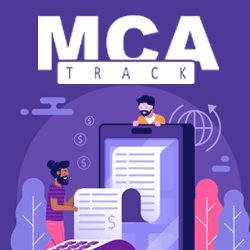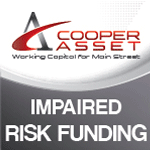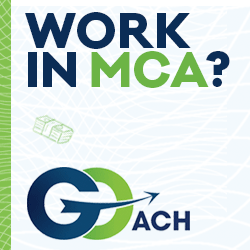Results 1 to 1 of 1
-
05-20-2020, 11:24 AM #1Senior Member











 Reputation points: 25526
Reputation points: 25526
- Join Date
- Aug 2018
- Posts
- 286
The Pain Principle
This pandemic has undoubtedly created a lot of pain for many.* It has also created opportunity for personal and organizational evolution.
*
Ray Dalio, founder of the world’s biggest hedge fund by assets ($160B), Bridgewater Associates, lays out how he personally evolved as well as evolved Bridgewater through trying times in his 2017 best-seller,*Principles.
*
Pain and how it is dealt with is at at the center of his teachings.
*
“Pain plus reflection equals progress.”
-Dalio
*
The cycle of success and upward growth, according to Ray goes as follows:
*
Setting and moving towards audacious goals --> Failure --> Learning Principles --> Improving --> Setting and moving towards more audacious goals.
*
Rinse and repeat.
*
Dalio goes on:
“In other words, that painful situation, if you can diagnose what produced that failure, and then develop principles for dealing with it different at a different time, in a different way, and then you take those principles and you improve, you learn, you change things, then you improve and you … go on to more audacious goals."
*
"The way I look at life is pretty much like it’s this looping process, this evolutionary looping process. That means you go after your audacious goals, you fail, you learn. Failure is an important part of that process. You learn principles. You keep improving.”
*
Principles are those foundational recipes for dealing with situations that happen over and over again that uncovered through reflection after encountering pain.* They often result from the lessons learned after setting goals, trying to achieve them, and then hitting resistance.
*
Whether you are successful or not, your personal principles will crystalize, teaching you what to do in the future.
*
Being open to reflection and learning is key.* Embracing pain without becoming over-defensive or egotistical allows us to reflect non-judgmentally and avoid repeating the same mistakes in the future.
*
Pain is marker of growth:
*
“It is a fundamental law of nature that to evolve one has to push one’s limits, which is painful, in order to gain strength. Nature gives us pain as a messaging device to tell us that we are approaching, or that we have exceeded, our limits in some way. At the same time, nature made the process of getting stronger require us to push our limits."
*
"Gaining strength is the adaptation process of the body and the mind to encountering one’s limits, which is painful. In other words, both pain and strength typically result from encountering one’s barriers. When we encounter pain, we are at an important juncture in our decision-making process.”
*
Most people react poorly to pain and failure, having fight or flight processes that paralyze them from finding ways around barriers, leading them into loops of repeating past mistakes.* Confronting pain and failure head on get us out of that death-loop and back into an upward trajectory:
*
“This is because most learning comes from making mistakes, reflecting on the causes of the mistakes, and learning what to do differently in the future. Believe it or not, you are lucky to feel the pain if you approach it correctly, because it will signal that you need to find solutions and to progress."
*
"Since the only way you are going to find solutions to painful problems is thinking deeply about them—i.e., reflecting—if you can develop a knee-jerk reaction to pain that is to reflect rather than to fight or flee, it will lead to your rapid learning [and] evolving.”
*
Failure (and the pain that ensues) after all is just an outcome expectation and outcome reality mismatch – most failures don’t knock us completely out of the game.
*
Pain + Reflection = Progress
*
-FundingStrategist
https://fundingstrat.com
https://fundingstrat.com/the-pain-principle/
Similar Threads
-
AZ Pain Clinic looking for Growth Capital
By dpFund in forum Deal BinReplies: 6Last Post: 04-14-2018, 04:58 PM -
Need Funding for Pain Managment Center
By FSB in forum Deal BinReplies: 14Last Post: 01-12-2015, 02:55 PM -
New Platform Takes Pain Out of SBA Loan Process
By nwarshaw in forum PromotionsReplies: 0Last Post: 08-27-2014, 03:02 PM


 Reply With Quote
Reply With Quote















